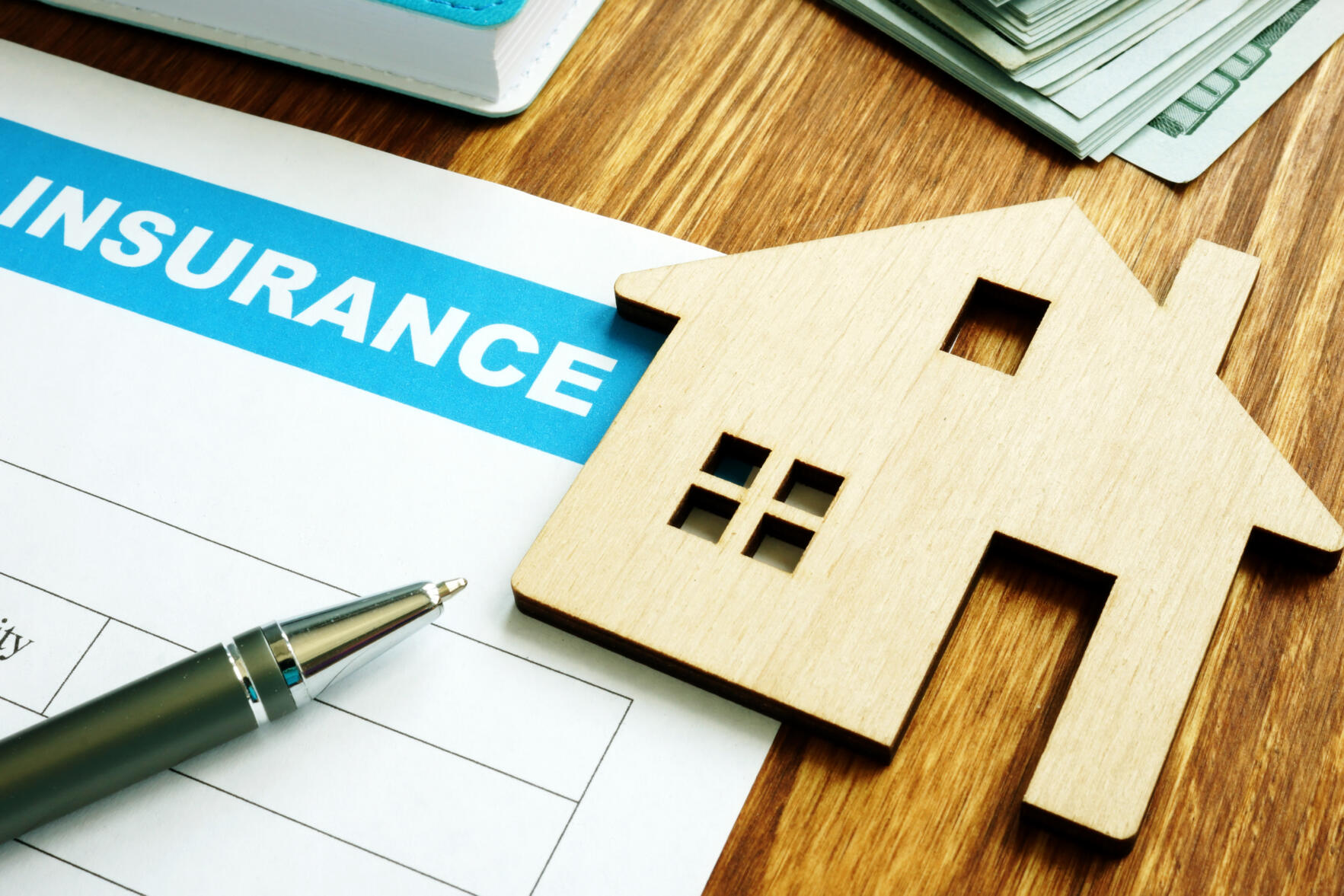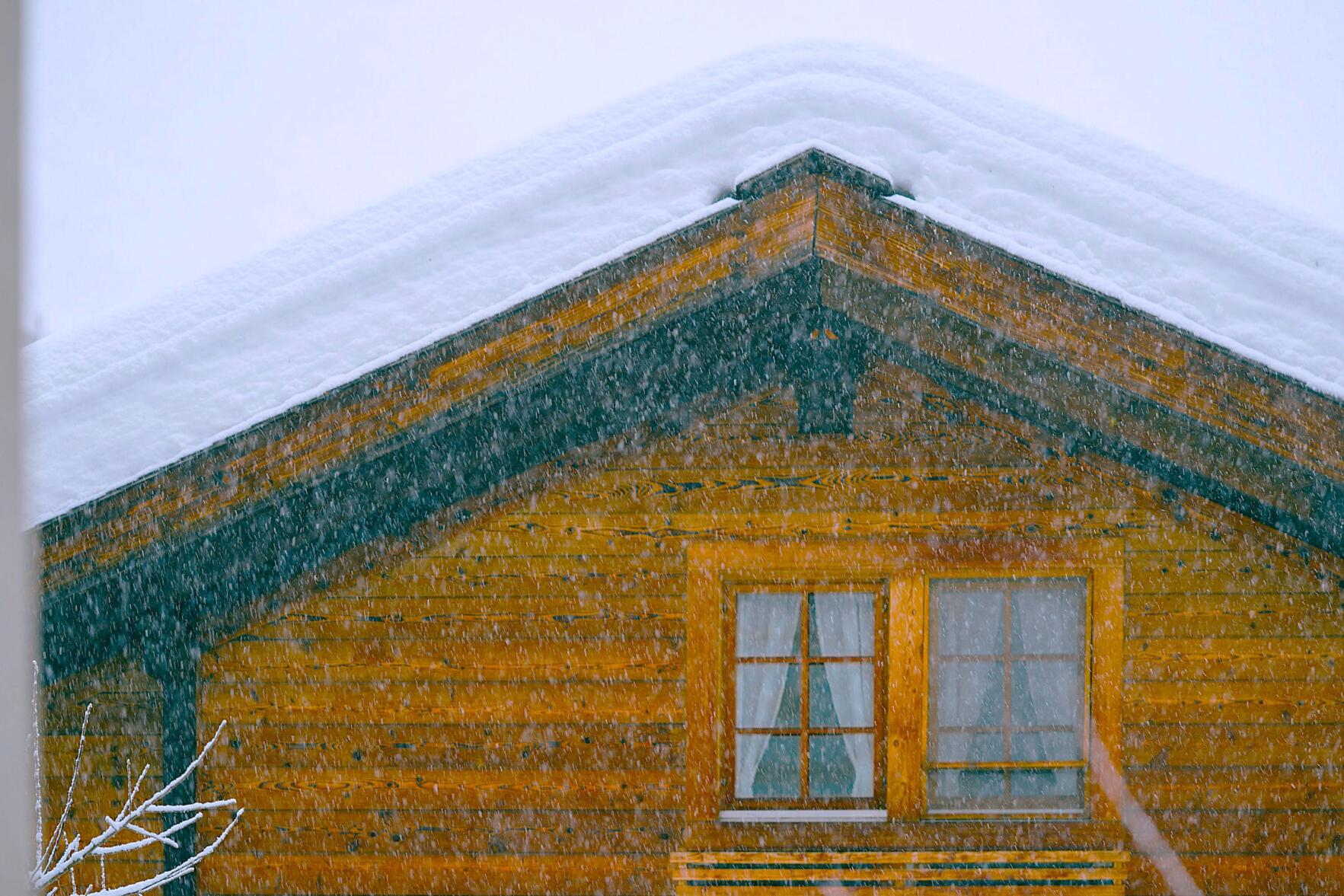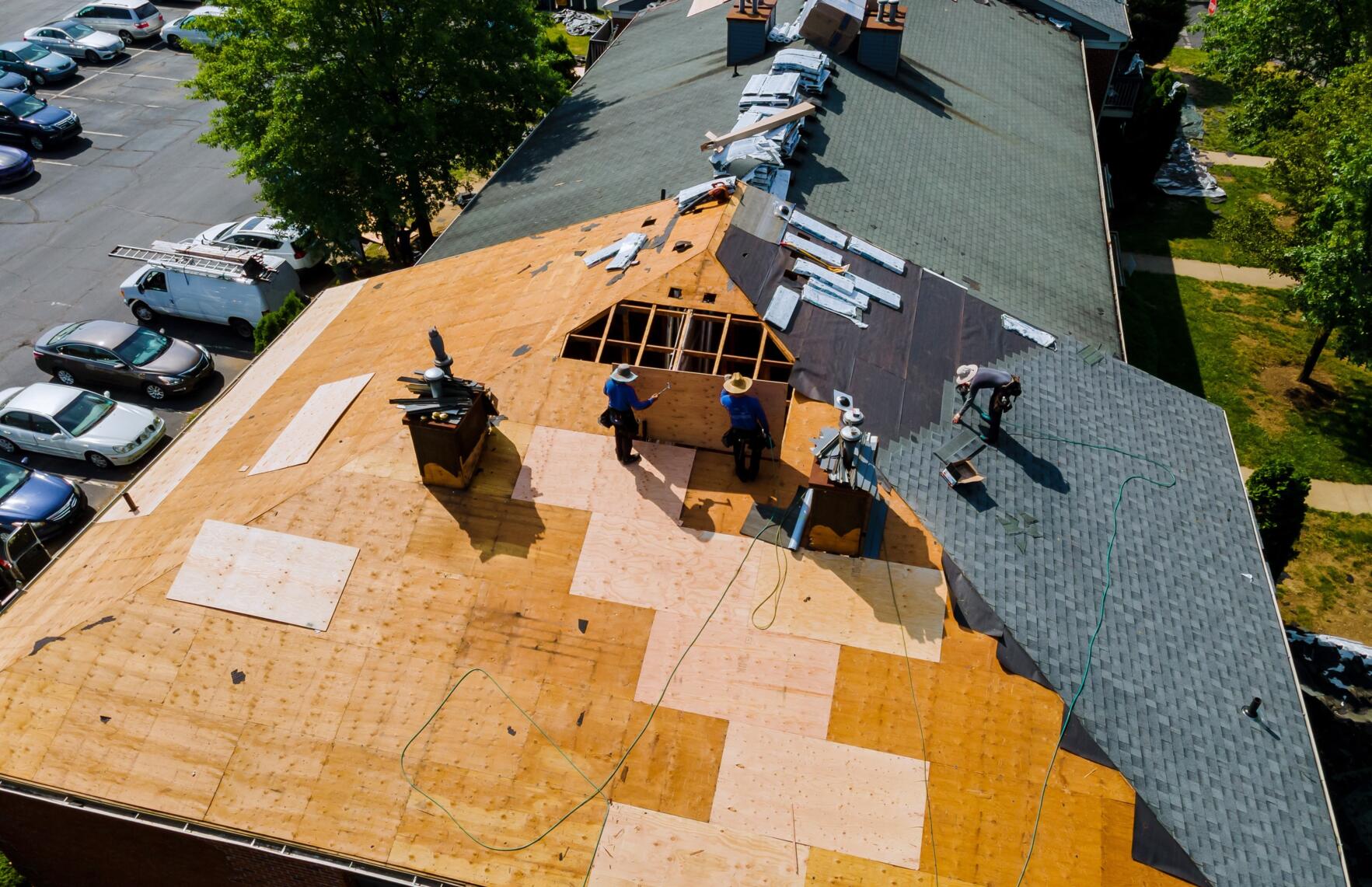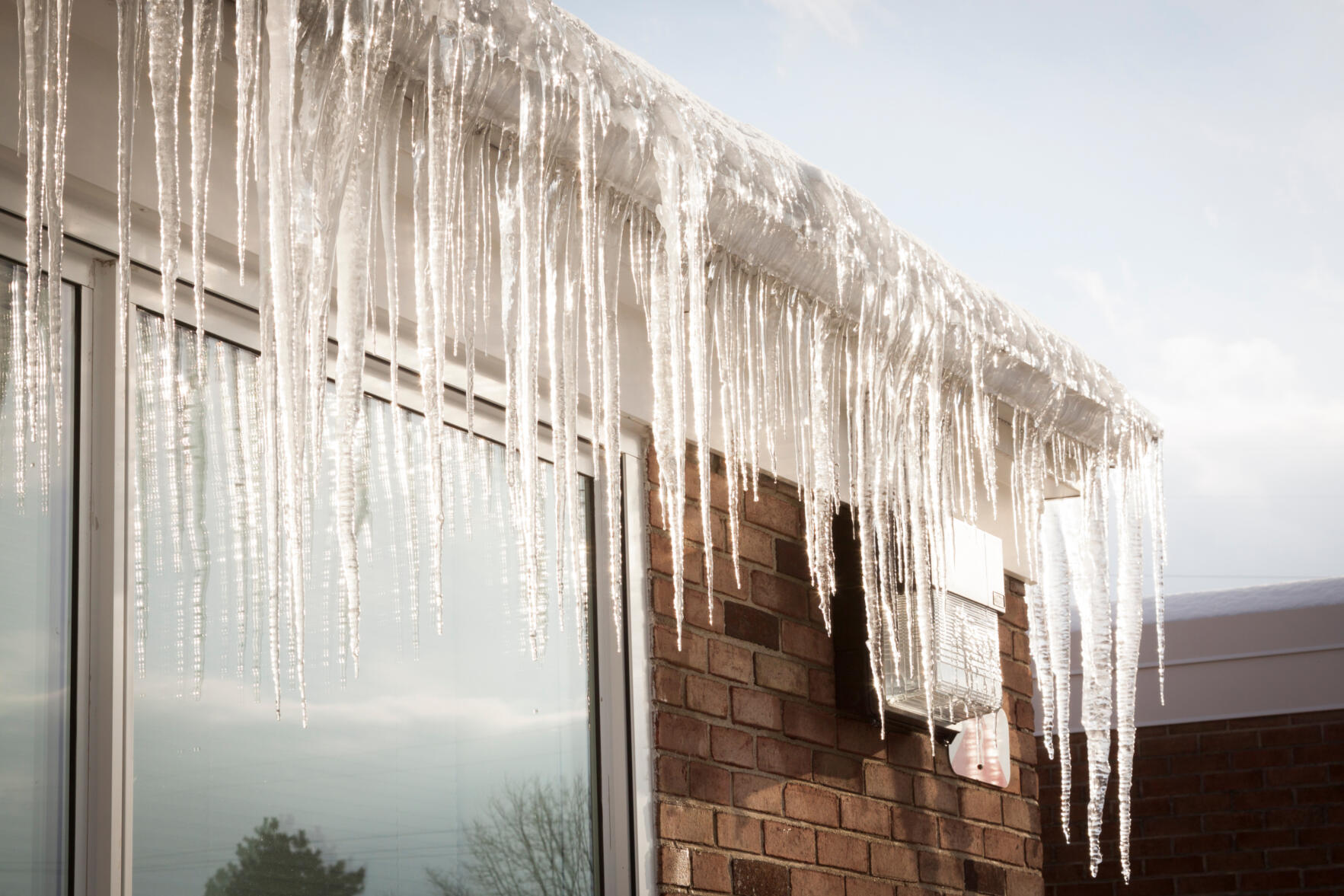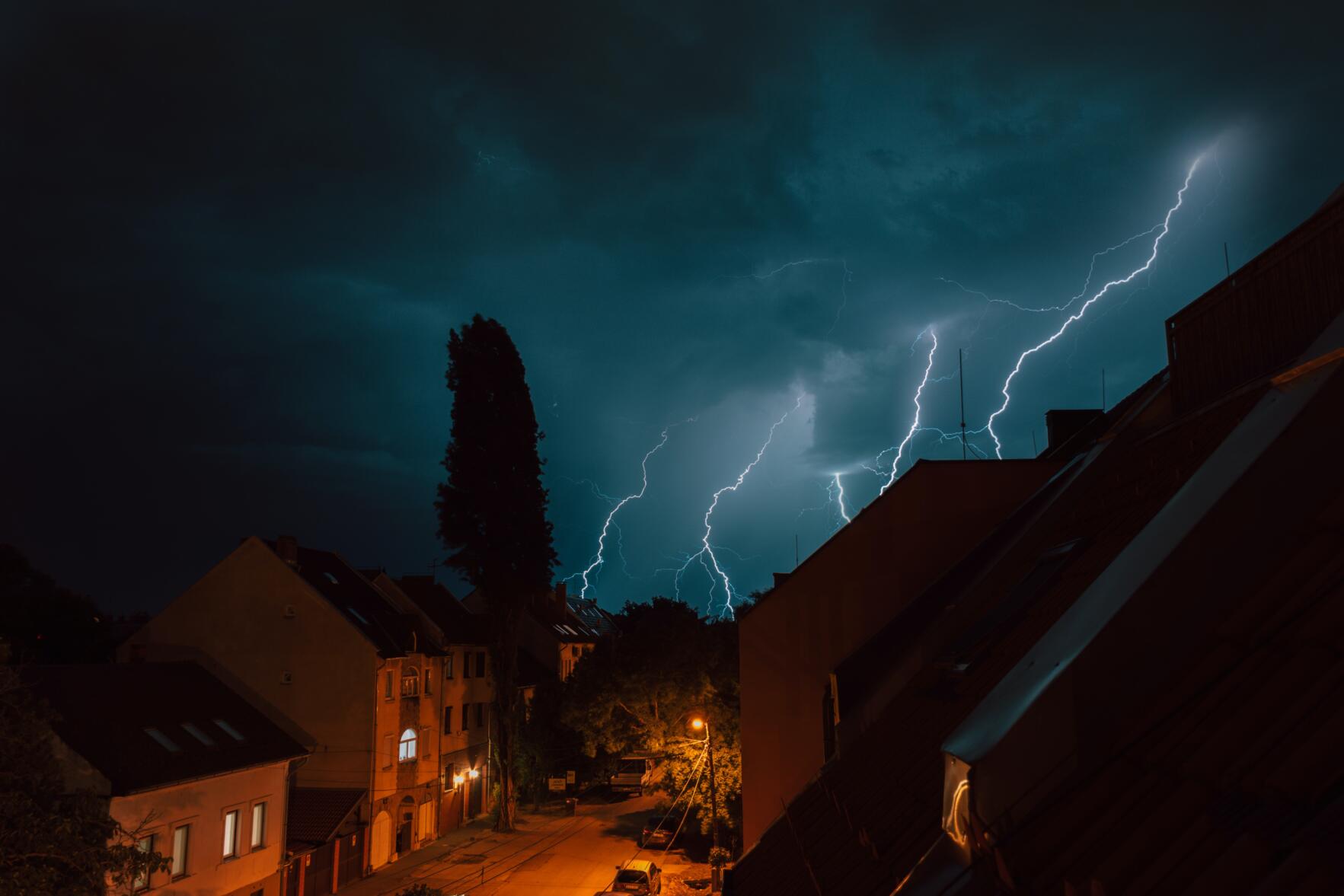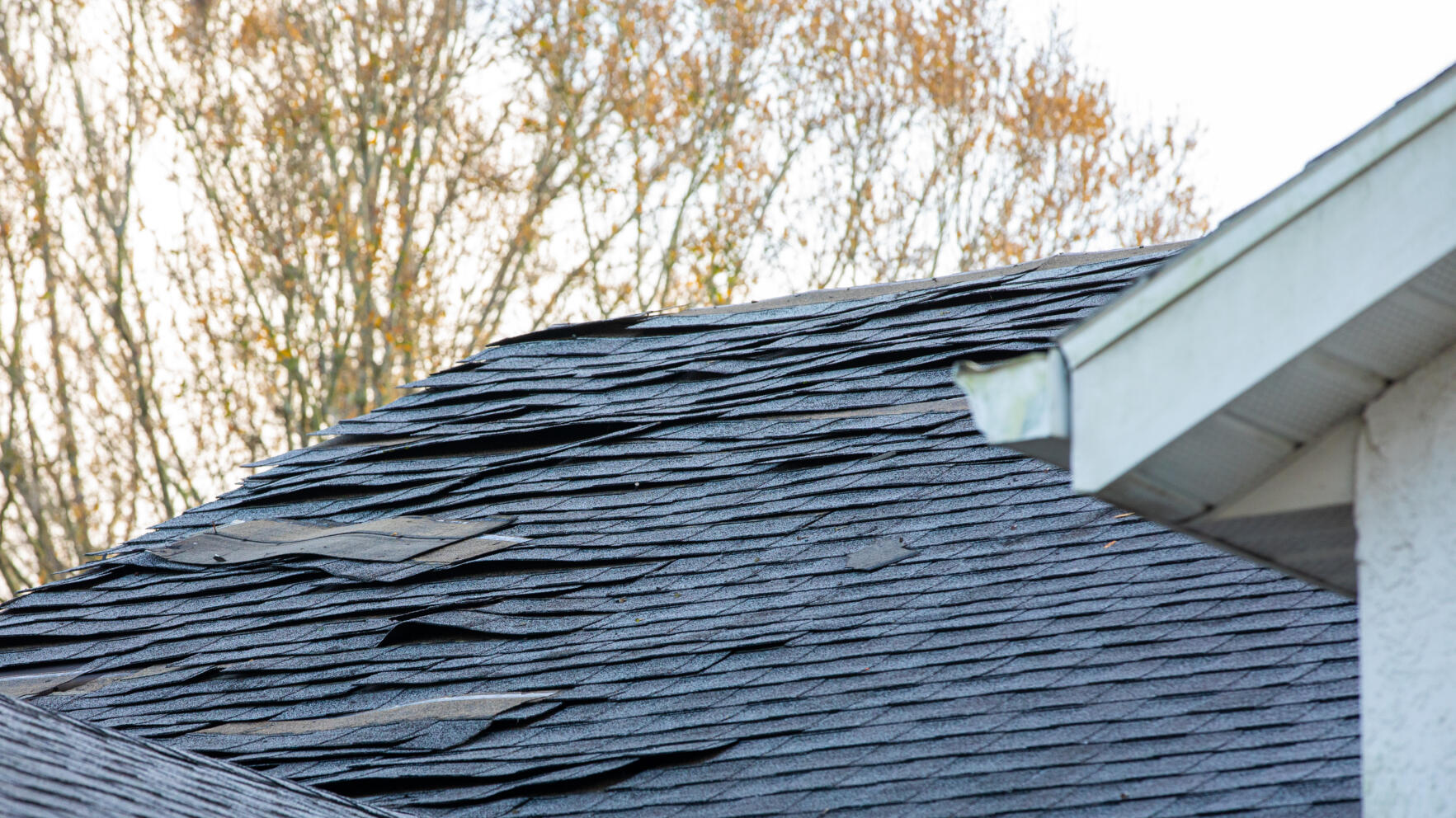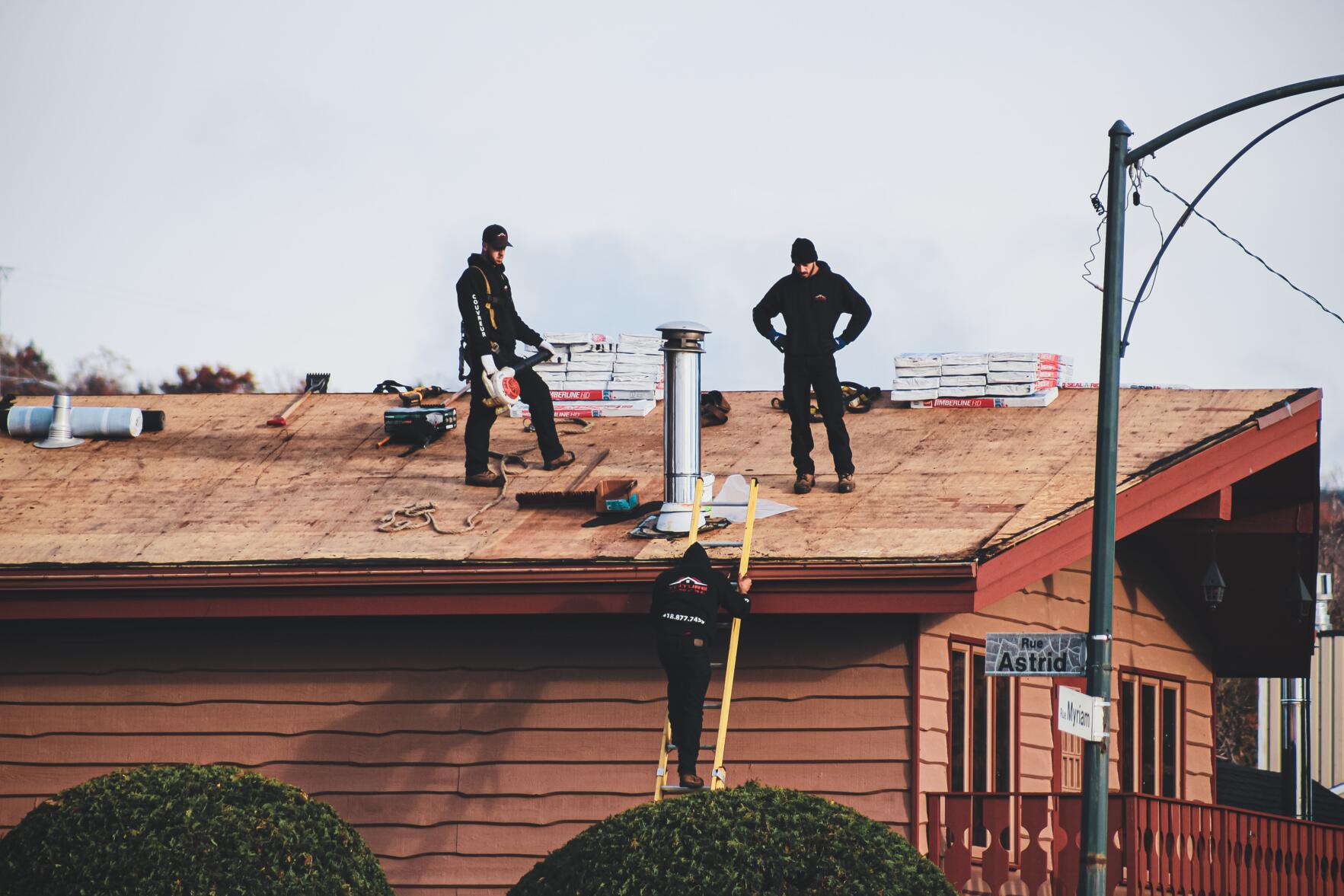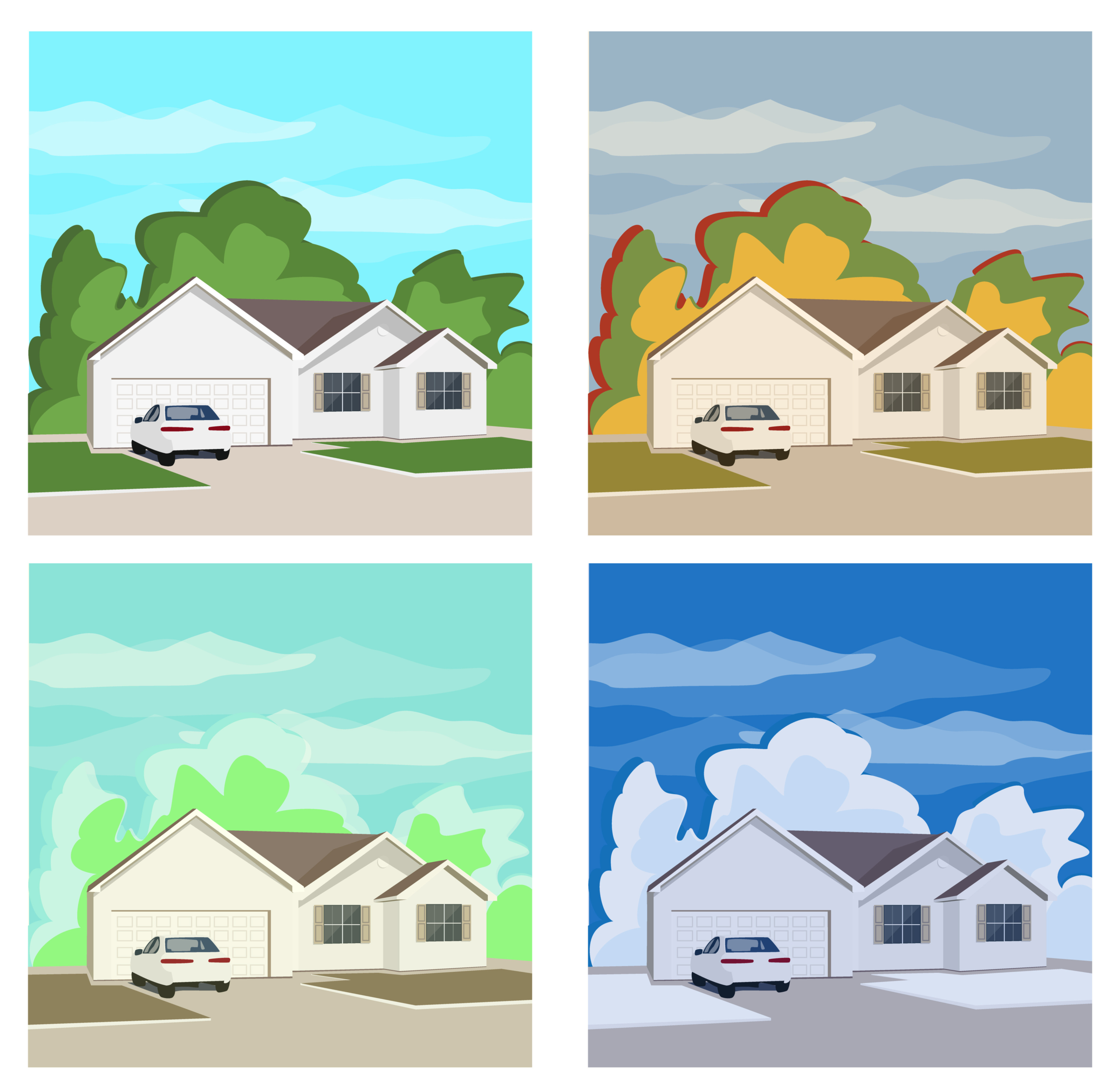As a homeowner, you have to make sure that your house is safe and taken care of in the event of a disaster. For unpredictable or unexpected damage, we usually rely on our insurance for help. This may include fire, theft, and certain acts of God. This may leave you wondering what else homeowners insurance covers. Is there anything that it DOESN’T cover? To answer these and other questions, we took a dive into the ins and outs of homeowners insurance.
What is Homeowners Insurance?
Homeowners insurance is a predetermined plan put into place in case your house becomes damaged. Depending on what you agreed to include in your plan, you may receive financial help to repair or replace lost or damaged parts of your home. The plan that you agree on is your policy. Not all policies are the same. The more coverage you have, the more expensive it may be. Some policies even help you if someone gets injured on your property. According to NerdWallet, “Homeowners insurance coverage isn’t required by law, but if you have a mortgage, your lender will likely require you to insure the home to protect its investment.” Therefore, you technically don’t have to have homeowners insurance, but it’s a smart choice to have as a safety net.
What Does Homeowners Insurance Cover?
As mentioned previously, standard homeowners insurance usually covers damaging events caused by outside influences. This may include fire, foundation repairs, roof damage, leaks/water damage, damage caused by snow/major storms/tornados/hurricanes, and even theft. Some insurance policies cover damage to items inside the home or even accidents that may happen to your visitors. To know exactly what your house is protected against, you need to check your insurance policy. It is best to talk with your insurance company as soon as possible if you have any questions about the specifics of your coverage, especially before major storms or weather changes.
There may be some things that your policy does not cover. It is just as important to know what is not protected by your insurance. Depending on your location, some policies may not include certain natural disasters like earthquakes or floods. It is also less likely to be covered in the case of power failures, acts of war, or animal or mold infestations. It is best to evaluate your location and common issues that occur in it to determine what policy and other coverages you may need.
What are the Different Types of Homeowners Insurance
According to Allstate, one of the leading insurance companies in the US, there are four key types of coverage. These are dwelling, other structures, personal property, and liability. Dwelling protects your home from outside events like storms or high winds. These events tend to be particularly rough on roofs. If you think you may have roof damage, reach out to us as soon as possible. Other structures insurance covers any damage to structures on your property (shed, carport, fences, etc.). Personal property coverage, as the name suggests, covers any personal property in your home that is damaged or stolen. Finally, liability coverage takes care of other people who have mishaps in your home. This means if they get injured in your home or you accidentally damage their property, you could be covered.
With any policy, you can choose a broad range of protection specificities. These will be identified as HO-1 through HO-8. Some plans offer comprehensive coverage and help with nearly any and all damage. Other plans cover standard issues but exclude others. This type of coverage may be helpful when you live in an area with specific weather-related issues. For example, it would make more sense for a person in Florida to have extensive hurricane coverage than someone in Michigan.
How Do Homeowners Insurance Pay Outs Work?
It is also important to consider how you will be reimbursed for damages. Investopedia suggests that there are three types of payouts when it comes to homeowners insurance. Actual cash value coverage pays for replacements based on the items’ current value rather than the price at which they were originally purchased. Those with replacement cost value policies do not have depreciation deductions. This plan is usually the most recommended. Lastly, the broadest coverage would be guaranteed (or extended) replacement cost/value. With this plan, homeowners are covered for whatever the current cost for repairs to their homes would be. This policy would be ideal now during times of inflation. These costs may even go as high as 20% to 25% higher than the original coverage limit.
If you need help with the financial side of your roofing repairs, we can file your insurance claim for you! Give us a call at (248) 393-0055 or visit the Lake Orion Roofing website!
Sources:
https://www.usnews.com/insurance/homeowners-insurance/what-does-homeowners-insurance-cover
https://www.allstate.com/resources/home-insurance/covered-in-homeowners-policy
https://www.nerdwallet.com/article/insurance/understanding-homeowners-insurance




